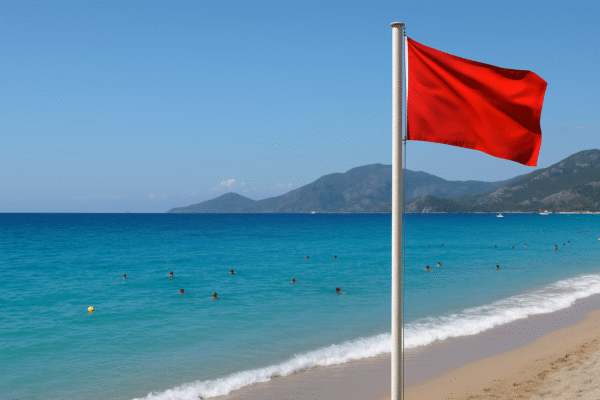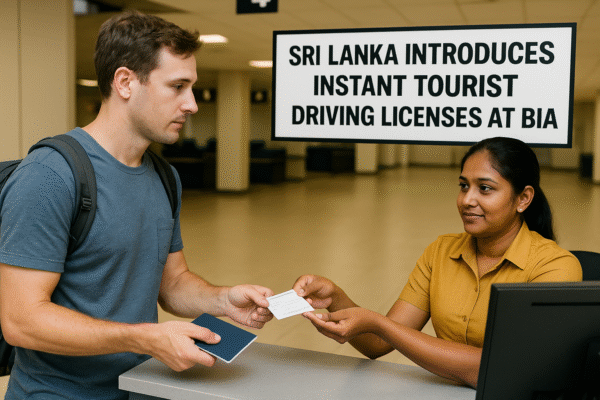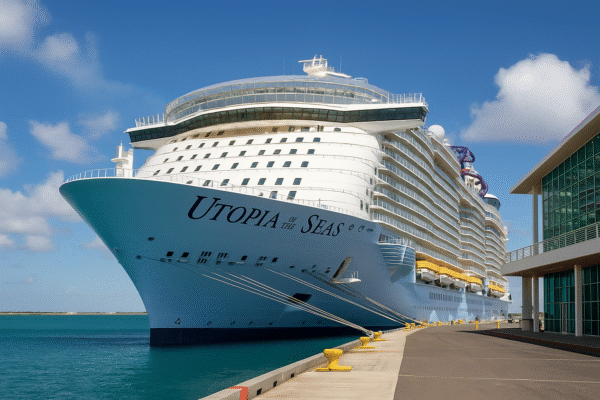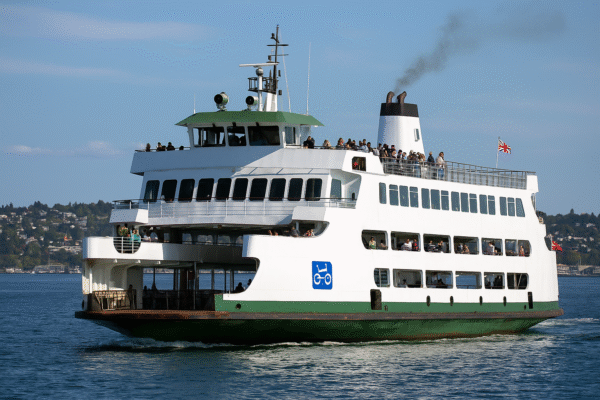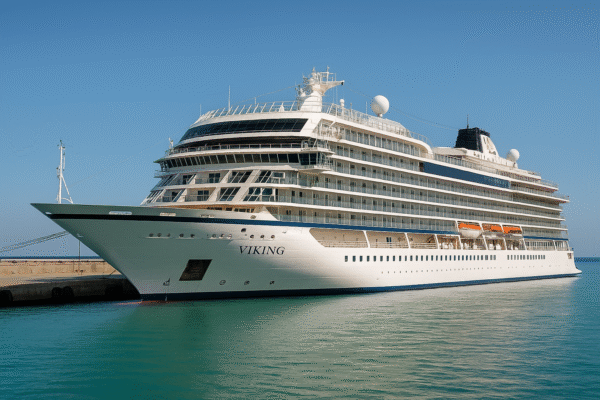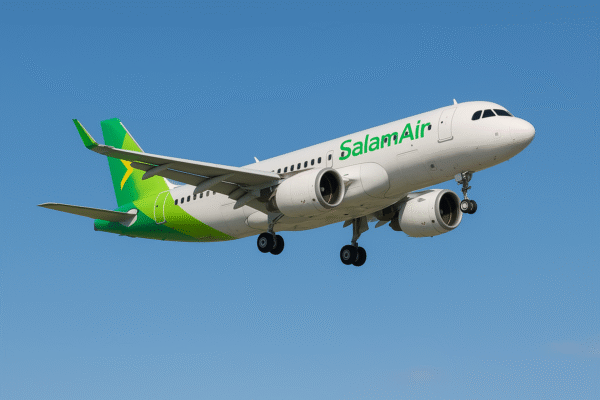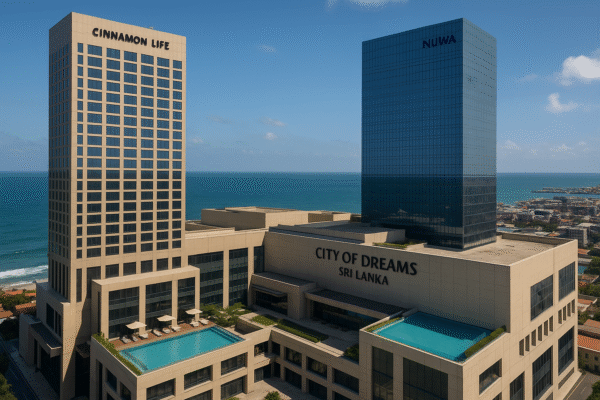DAMASCUS, SYRIA – July 2025 — After over a decade of devastating conflict, Syria is embracing tourism as a strategic engine for economic recovery and international re-engagement. Backed by recent sanctions relief and growing investor confidence, the Syrian government is launching new tourism initiatives focused on cultural heritage, eco-tourism, and wellness travel. These efforts aim to reignite a sector that once welcomed millions and contributed billions to the national economy.
Before civil war erupted in 2011, Syria’s tourism industry was a pillar of the economy, drawing more than 8.5 million visitors annually and generating around $6.3 billion, according to World Bank data. Global travelers were captivated by UNESCO World Heritage Sites like Palmyra, the Old City of Damascus, Aleppo’s Citadel, and Bosra—monuments that reflect Syria’s ancient civilizational legacy.
Now, in 2025, Syria is positioning itself to welcome tourists again by restoring historical sites, tapping into its diverse landscapes, and leveraging regional partnerships to rebuild travel infrastructure.
From Heritage to Eco-Tourism: A Diversified Strategy
Syria is no longer relying solely on cultural tourism. Inspired by models like AlUla in Saudi Arabia, which successfully blends heritage with modern hospitality and eco-conscious design, Syrian tourism authorities are broadening their approach.
Regions such as Latakia, with its Mediterranean coastline, and the mountainous terrain surrounding Mount Qasioun, are being promoted for nature-based tourism. Family-owned guesthouses, hiking routes, and wellness retreats are emerging in areas surrounding Damascus and Zabadani, offering new experiences beyond the ancient ruins.
Eco-tourism is seen as a key growth area. Syria’s protected reserves, forested valleys, and rural highlands provide ample opportunities for adventure travel and sustainable exploration. The Ministry of Tourism is working with local councils to develop eco-lodges, nature tours, and wellness stays that highlight Syria’s scenic diversity.
Sanctions Relief Sparks Optimism
In May 2025, the U.S. Treasury Department issued a six-month waiver under the Caesar Syria Civilian Protection Act, temporarily lifting certain sanctions and removing the Central Bank of Syria from the sanctions list. This move, followed by partial European Union easing in sectors like banking and energy, has triggered renewed interest from regional investors and airlines.
SunExpress, a joint venture between Turkish Airlines and Lufthansa, has expressed interest in launching charter routes to Damascus and Aleppo, pending final security and airspace clearance. If realized, this would mark a significant milestone in Syria’s reintegration into the regional tourism and aviation network.
The Syrian government sees tourism as a vital source of foreign exchange to stabilize the Syrian pound and finance reconstruction. As part of the revival strategy, private investment in hospitality, aviation, and infrastructure is being actively courted.
Cultural Restoration: Rebuilding Syria’s Past
Key to Syria’s tourism rebirth is the restoration of war-damaged historical sites. The Directorate-General of Antiquities and Museums (DGAM), supported by UNESCO and international archaeology missions, is overseeing efforts to restore Palmyra’s iconic arch, the Aleppo Citadel, and the Roman theater in Bosra.
A recent milestone includes the partial reopening of Palmyra, with rebuilt columns and guided visitor access under strict preservation protocols. Restoration teams are also using 3D technology and satellite imaging to reconstruct damage caused by ISIS and years of shelling.
Grassroots efforts from local artisans and historians are equally important. Community-led museums, digital archives, and heritage preservation campaigns are emerging in cities like Homs, Ma’aloula, and Tartus, providing cultural continuity and potential attractions for diasporic tourism.
Infrastructure and Security Hurdles Remain
Despite the progress, challenges persist. War-damaged infrastructure, from airport terminals to road networks, requires billions in investment. Many hotels and restaurants are either non-operational or in dire need of renovation. Inconsistent electricity and water supplies also impact service quality in rural and urban areas.
Security concerns still affect traveler confidence. While Damascus, Tartus, and Latakia are considered relatively stable, northwestern regions near Idlib remain off-limits due to ongoing military activity.
International travel advisories from countries like the United Kingdom, United States, and Australia continue to warn against non-essential travel. However, regional visitors from Lebanon, Jordan, Iraq, and the UAE are cautiously returning, especially for religious pilgrimages and cultural visits.
Engaging the Syrian Diaspora
Syria’s global diaspora, estimated at over 5 million, is playing a crucial role in promoting tourism. Many are investing in heritage properties, opening boutique hotels, or starting cultural initiatives that showcase Syrian cuisine, music, and handicrafts.
Diaspora-driven tourism—targeted at second-generation Syrians born abroad—is being encouraged by initiatives like the “Visit Syria 2025” campaign, which highlights both ancestral roots and modern experiences.
A Cautious But Hopeful Reopening
While Syria’s tourism transformation is still in its early stages, the country is taking meaningful steps toward rebuilding its image and reconnecting with global travelers. Drawing on its unparalleled cultural wealth, stunning natural geography, and renewed international interest, Syria is charting a difficult but promising course.
Much like the revitalization seen in AlUla, or post-conflict tourism rebounds in Rwanda and Colombia, Syria’s journey depends on sustained peace, responsible investment, and global collaboration.
If current reforms and restoration efforts continue, Syria could once again emerge as a compelling destination—where history, resilience, and natural beauty intertwine.
For more travel news like this, keep reading Global Travel Wire https://www.globaltravelwire.com/



